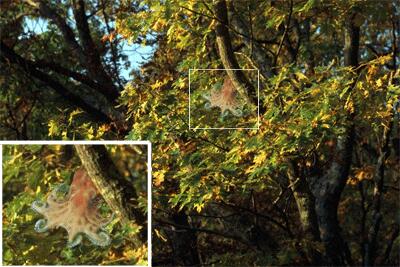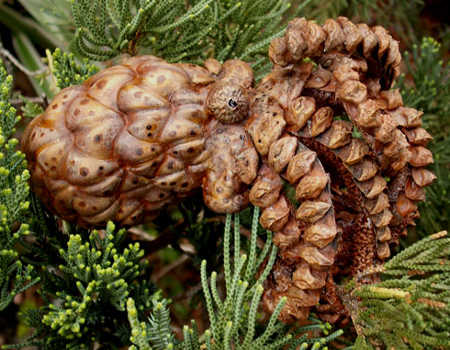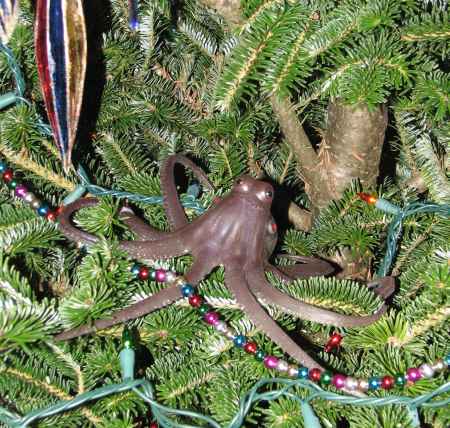

The Fascinating Tale Of The Pacific Northwest Tree Octopus: A Fictional Species
Since 1998, a captivating legend has intrigued internet users: the Pacific Northwest Tree Octopus. This remarkable amphibious creature is said to dwell in the lush forests of the Pacific Northwest, sparking curiosity and concern alike. Yet, the story is a clever fabrication, designed to engage and educate about the importance of critical thinking and media literacy in our digital age.
The tale of the Pacific Northwest Tree Octopus, or Octopus paxarbolis, has reached mythical status, becoming a well-known example of an internet hoax. It challenges us to consider the information we encounter online and encourages a deeper understanding of how easily misinformation can spread. This article delves into the origins of this fictional creature, the lessons it offers about online content, and its impact on internet literacy.
In the digital landscape, where facts and fiction often intertwine, the story of the Pacific Northwest Tree Octopus serves as a reminder to assess sources critically. By exploring this example, we can learn to navigate the complexities of information consumption, equipping ourselves with the skills necessary to discern truth from fiction in an era where anyone can publish content online.
What You Will Learn
- The Pacific Northwest Tree Octopus is a fictional species created to illustrate media literacy issues.
- The story highlights the significance of critical thinking when evaluating online information.
- Understanding the characteristics of hoaxes can foster better navigation of digital content.
- The importance of questioning sources and claims in the information age.
The Origins of the Pacific Northwest Tree Octopus
The Pacific Northwest Tree Octopus was first introduced to the internet in 1998 by Lyle Zapato, aiming to create a fictional narrative that would capture the imagination of readers. This playful deception cleverly mimicked the characteristics of real cephalopods while embedding a moral lesson about the credibility of information found online. The site dedicated to this fictional creature is filled with detailed descriptions, purported sightings, and even an FAQ section, all designed to make it appear legitimate.
Zapato’s creation became a viral sensation, demonstrating how easily a well-crafted narrative can gain traction. It raised questions about the nature of truth in the digital age and how quickly misinformation can spread. The website became a case study in internet literacy, often used in educational settings to teach students about evaluating sources and recognizing the signs of a hoax.
Understanding Internet Hoaxes and Their Impact
Internet hoaxes like the Pacific Northwest Tree Octopus serve as cautionary tales in a world flooded with information. They reveal the potential consequences of uncritical consumption of content and the necessity for individuals to be vigilant. The tree octopus story is a prime example of how fiction can masquerade as fact, leading people to believe in something that does not exist.
Moreover, the case of the Pacific Northwest Tree Octopus underscores the need for enhanced media literacy. As digital consumers, we must cultivate the ability to scrutinize information sources, cross-reference facts, and engage with content thoughtfully. This skill set is crucial for navigating today’s information-rich environment, where misinformation can spread as quickly as factual reporting.



Lessons Learned from the Tree Octopus Myth
Through the lens of the Pacific Northwest Tree Octopus, we glean valuable lessons about the digital landscape. First, we learn the importance of skepticism; not everything on the internet is factual, and we must be discerning consumers of information. Second, the story emphasizes the role of education in combating misinformation, particularly in teaching critical thinking skills to younger generations.
Lastly, the tale serves as a reminder that the internet is a platform for both creativity and deception. By understanding how hoaxes operate, we can better equip ourselves and others to navigate the complexities of online content responsibly. The Pacific Northwest Tree Octopus, while fictional, has left a lasting impact on discussions surrounding media literacy and the importance of questioning the information we encounter.
Debunking The Myth: Does Bubble Yum Chewing Gum Really Contain Spider Eggs?
A Bizarre Encounter: Undercover Cops In Detroit Clash During Drug Raid
The Fiction Behind Chloe Jones: A Tale Of Abduction And Horror
